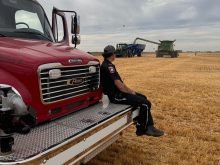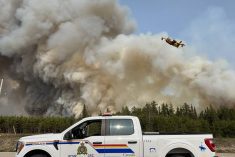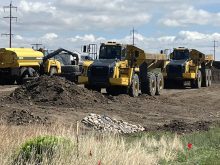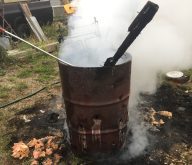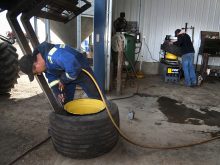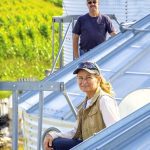GIBBONS, Alta. — Farmers are still in business in Manitoba, six years after Workers Compensation became mandatory for the province’s farms, says the president of Keystone Agricultural Producers.
Alberta farmers will also continue to operate with the new rules, Dan Mazier said a day after Alberta introduced farm worker legislation.
“We want to have big farms and we want ability to produce food and buy land,” Mazier said.
“When you bring people on the land, you have an obligation as a business owner to do things a certain way in 2015.”
Read Also
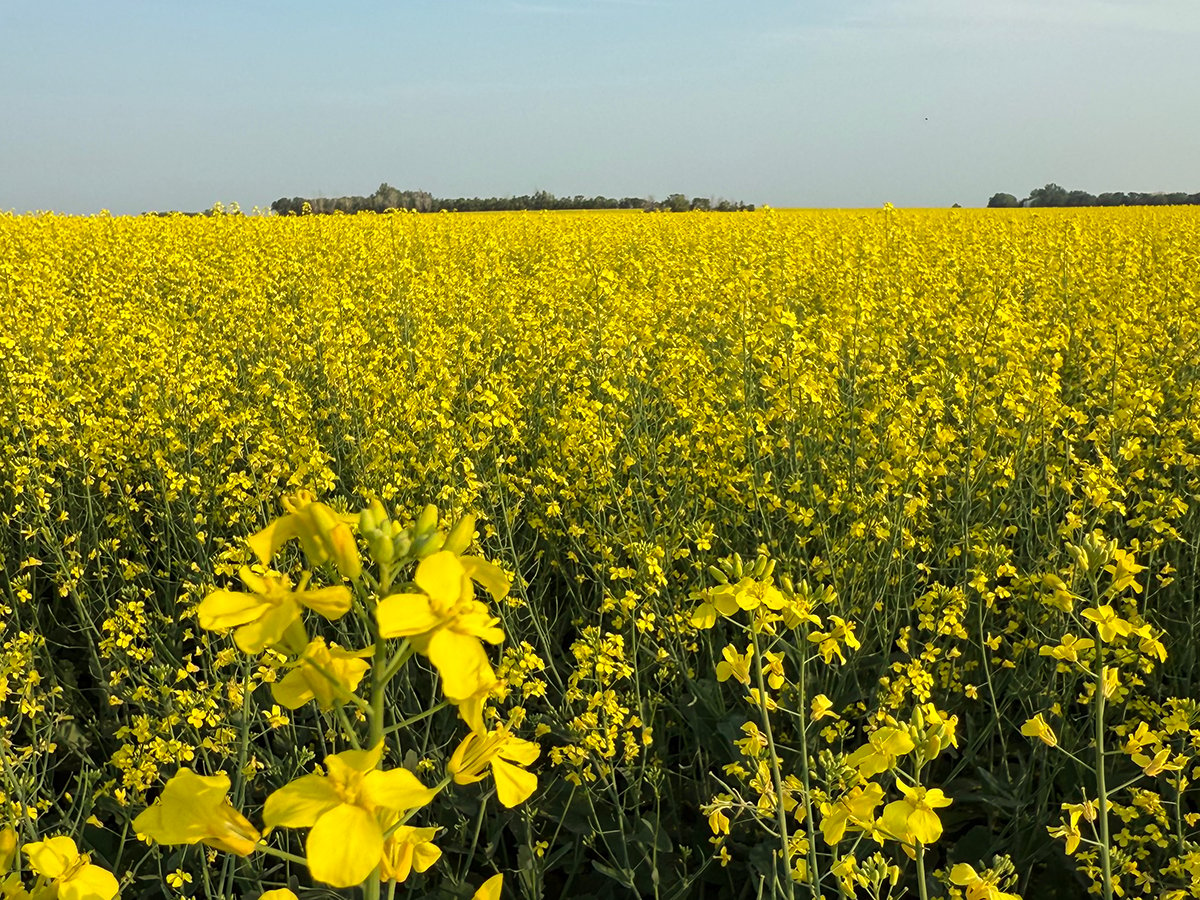
Canola support gets mixed response
A series of canola industry support measures announced by the federal government are being met with mixed reviews.
Workers Compensation coverage has been mandatory on Manitoba farms since 2009, but many farmers are slow to add the coverage. Only 1,300 farms have the mandatory coverage, he added.
Farmers without full-time workers don’t believe they require the coverage, but Mazier said lack of coverage is a lawsuit waiting to happen if visitors or casual workers are hurt on the farm.
“If someone gets hurt, the only way out is to sue the farmer.”
KAP has worked closely with the provincial government and the province’s safety associations as they promote farm safety, but it has been a long, slow process.
“We’re the most dangerous occupation in Canada for fatalities. Why would you come to agriculture if you knew it was the most dangerous occupation. Why wouldn’t you go work for someone else?” Mazier said.
“We still have children getting killed on our farms, but they’re not in mining and they’re not in manufacturing.”
Mazier said KAP has tried hard to persuade farmers to take farm safety courses but with little success.
It became mandatory last year for farmers to give all farm workers a written safety orientation.
“That caused a little bit of a flurry,” he said.
The government recently tripled the number of safety inspectors that visit all workplaces in the province, including farms.
“That is starting to scare people, when they go on the farm. Now everybody is getting more en-gaged,” he said.
The farm safety focus has shifted from older farmers to college and university students and agricultural program designers in the belief that most farm safety changes will be adopted by young farmers.
Even grain elevators and truck drivers are starting to change by insisting that high-visibility vests be worn on the job site, he added.
“Just by default, it is changing,” he said. “Being a business owner, you have a responsibility. You have responsibilities for the Health Place Safety Act.”



